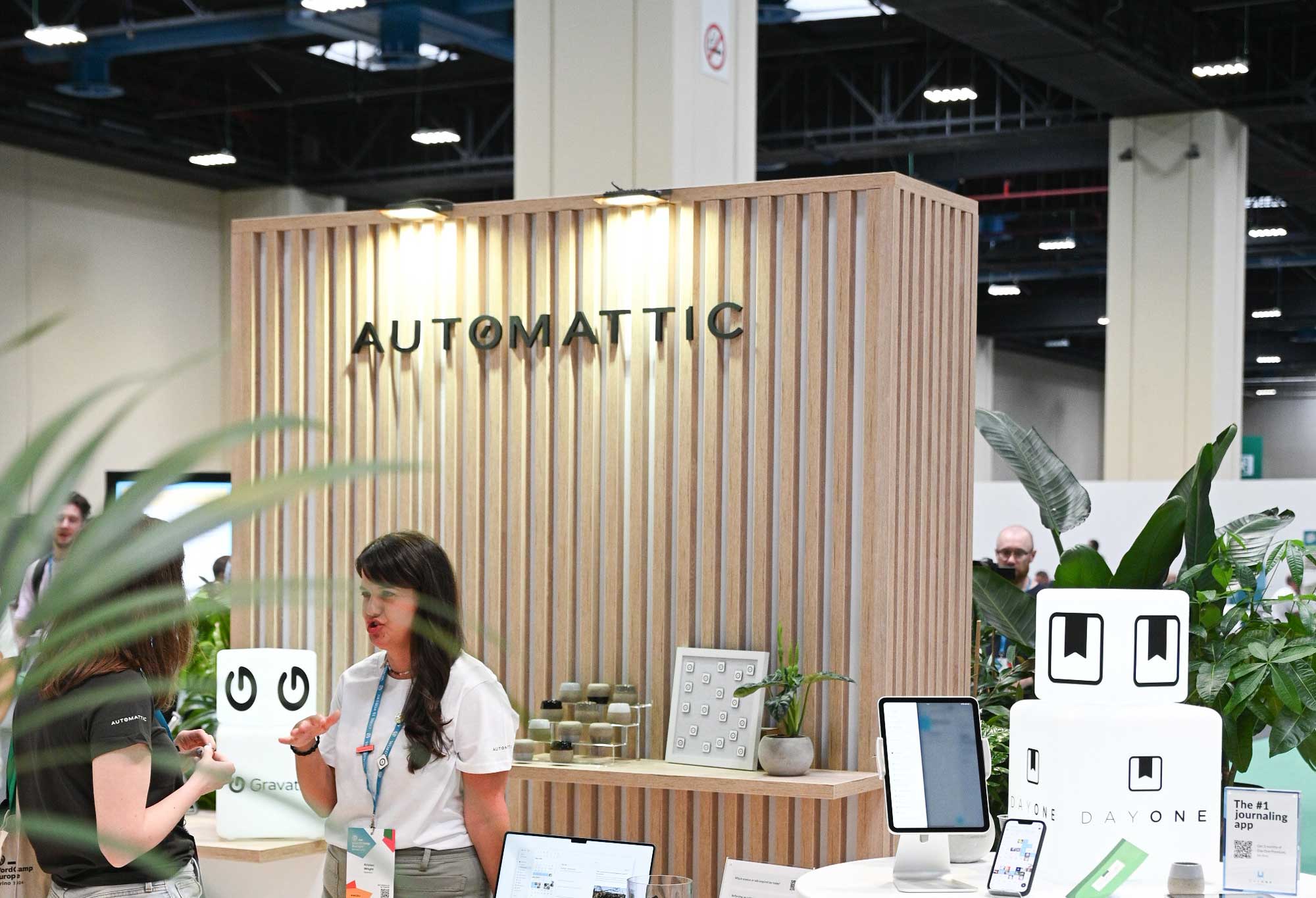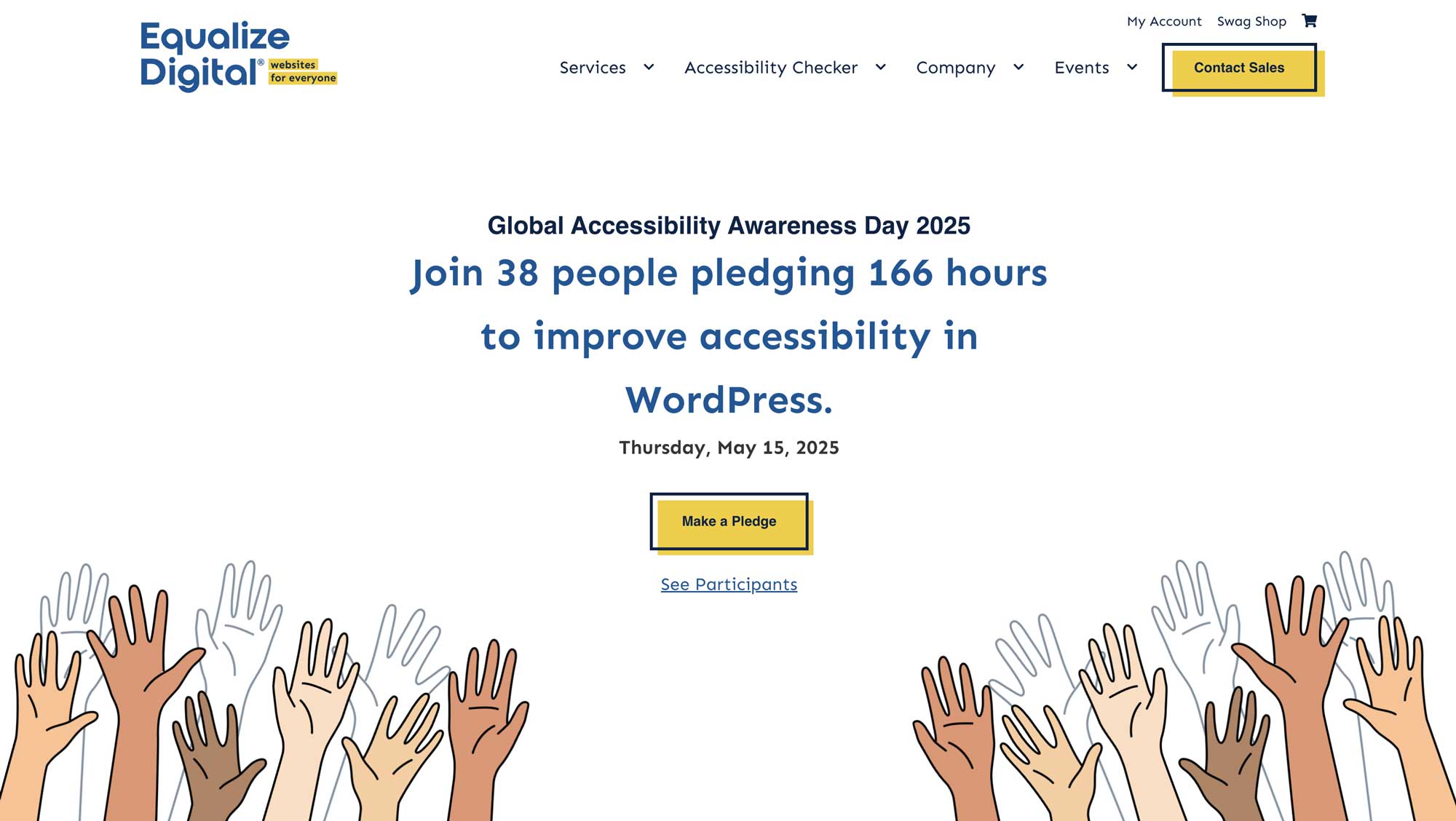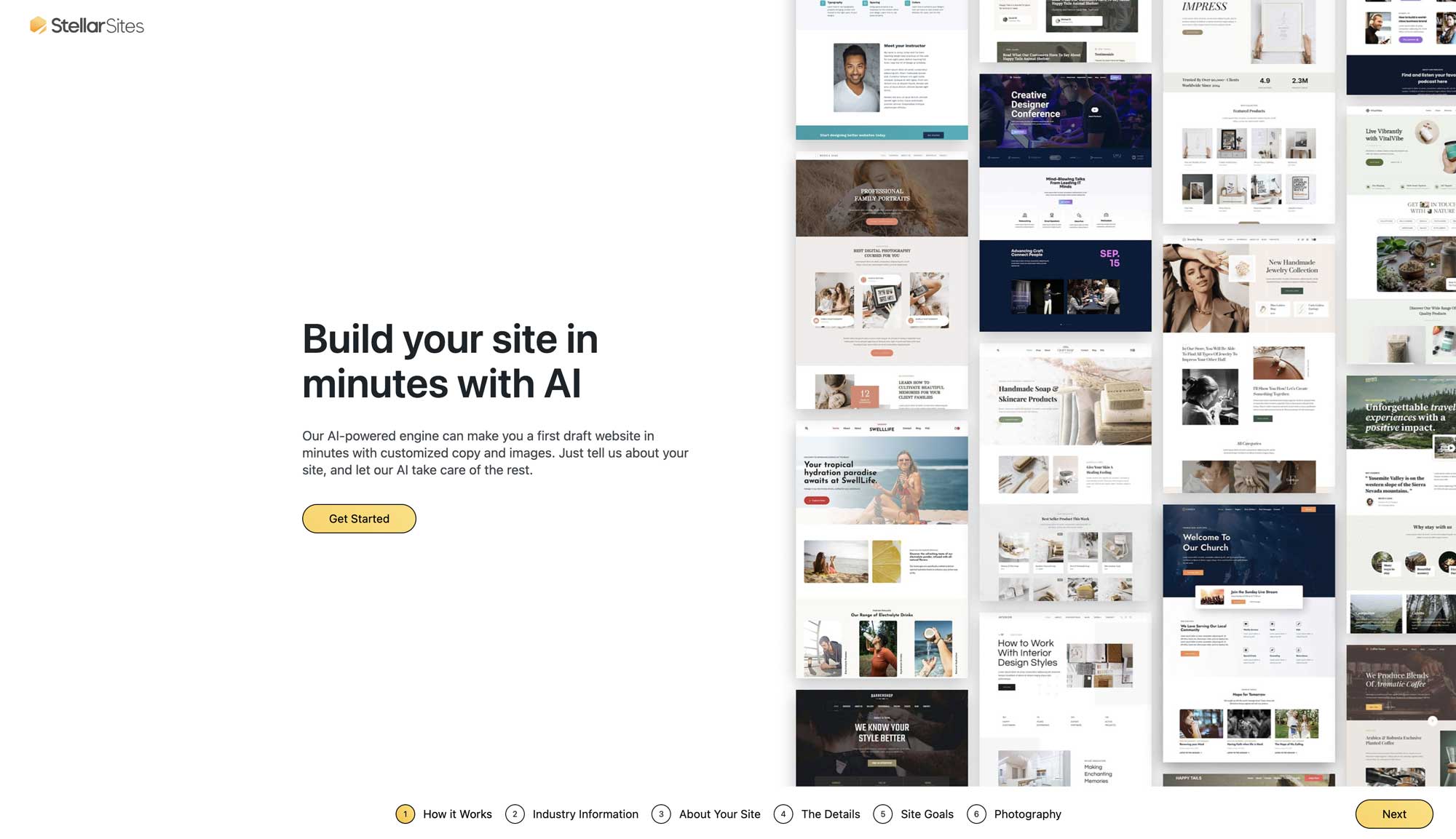Automattic is seeking to dismiss a class action lawsuit over its feud with WP Engine, arguing the case is based on frustration, not facts.
In a motion filed Monday in the U.S. District Court, Automattic and CEO Matt Mullenweg claim Ryan Keller has failed to show he was harmed when WP Engine was blocked from accessing WordPress.org infrastructure last year.
Keller, who runs Ohio-based cybersecurity firm SecureSight, filed the lawsuit on behalf of U.S.-based WP Engine customers in February, alleging multiple counts of tortious interference and violations of California’s Unfair Competition Law.
But Automattic argues Keller never lost website access, never experienced a contract breach, and continues to use WP Engine today. “At most, Plaintiff claims to have been inconvenienced,” the filing argues. “Even if all of that were true, it would not support any of the claims asserted.”
The class action covers customers affected between September 24 and December 10, 2024, when WP Engine lost access to WordPress.org, including plugin updates, security patches, and other services. The lawsuit claims “hundreds of thousands” of customers were affected, forcing many to manage security risks and consider migrating to new hosts.
Keller’s complaint follows months of escalating tensions after Mullenweg used his WordCamp US 2024 keynote last September to publicly accuse WP Engine and its private equity backer, Silver Lake, of exploiting WordPress without giving back. WP Engine responded with legal action, alleging abuse of power, extortion, and anti-competitive behavior.
In the weeks that followed, WP Engine and its employees were temporarily blocked from accessing WordPress.org, a contentious login checkbox was added to the site, WP Engine’s ACF plugin was taken over, and the controversial wordpressenginetracker.com website was launched, publicly listing customers who had migrated elsewhere. In December, WP Engine won a preliminary injunction requiring Automattic and Mullenweg to restore the hosting company’s access to WordPress.org and halt public attacks.
Keller alleges these actions harmed not just WP Engine, but its customer base. His complaint argues that Automattic and Mullenweg weaponized their control over WordPress.org to damage a competitor and steer customers toward Automattic-owned platforms.
Automattic’s legal team, led by Gibson Dunn, argues the complaint fails to identify any lost business, specific contract violations, or actual damages. They also contend Keller can’t seek restitution since he never paid Automattic directly and has legal avenues for relief if harm existed.
Keller has retained two class action law firms: Schubert Jonckheer & Kolbe and Tycko & Zavareei. Schubert’s most significant tech-related case resulted in a $22.5 million settlement for 1.1 million AdWords advertisers, while Tycko & Zavareei last year won a combined $72.5 million in class actions against Apple and Meta.
A hearing on the motion is scheduled for August 7, 2025, before Judge Araceli Martínez-Olguín, who is also overseeing WP Engine’s separate antitrust lawsuit against Automattic and Mullenweg.
Image: Kostas Fryganiotis.








Leave a Reply